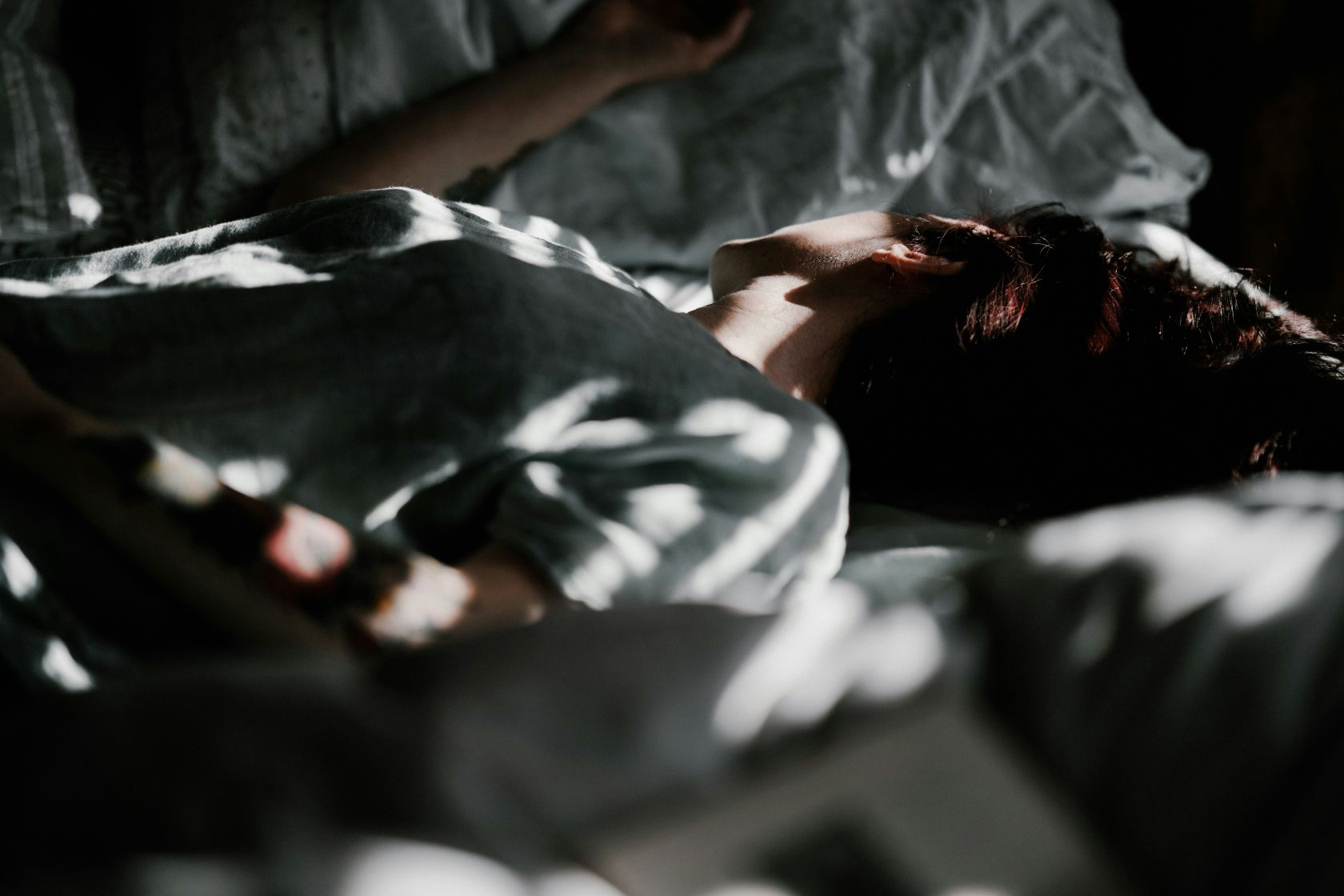How many out there just long for a good 8 hours sleep! But how much do we really need? Individual needs vary, but they say that most adults really do need around 7-9 hours of sleep per night for optimal health and performance. Some might manage with less, while others might need more. Listen to your body for cues – obviously fatigue or irritability, as they indicate a need for rest. Adequate sleep is essential for maintaining a healthy mood, focus, and overall cognitive performance.
For those who sleep anytime and anywhere, they are the monarchs of the mattress! For those who struggle to find sleep, there may be nothing more stressful and irritating - it seems your brain is talking to itself to purposely keep sleep at bay, on top of which can be added certain medications or medical conditions, or even the discomfort of the heat, all contriving to prevent our precious sleep.
Sleep Stages
There are traditionally 3 stages of sleep: light, deep, and REM (Rapid Eye Movement) sleep. Each one plays an essential role in maintaining your mental and physical health. The first two are where the heart and breathing slows, muscles relax and body temperature dips. REM sleep is where your eyeballs move rapidly behind eyelids, your breathing and heart rate increases and can be more irregular, and where dreams can become vivid. REM sleep is important as it plays a role in processing the day's events and consolidating memories, and all these stages are crucial for physical and mental restoration and even waste removal.
While your brain is highly active, your muscles are temporarily paralyzed to prevent you from acting out your dreams, and it’s not unknown to wake up and be aware of this sleep paralysis, maybe experiencing hallucinations, and being unable to move or speak. Researchers believe sleep paralysis is caused by a disturbed REM cycle because it mostly happens as people are falling into or coming out of REM sleep.

The 10-3-2-1 Rule
A simple rule of thumb for better sleep - 10 hours before bed: stop consuming caffeine (10 hours!), 3 hours before bed: stop eating and drinking alcohol, 2 hours before bed: stop working, and 1 hour before bed (yes you guessed it): stop using electronic devices (phones, tablets, TVs). Additionally, relaxation techniques like deep breathing, meditation, or progressive muscle relaxation might help calm your mind and body before sleep.
Even 1 or 2 hours is restorative
If you must choose between getting very little sleep and getting none, it's better to opt for at least some. Try to get around 90 to 110 minutes of sleep to give your body time to complete a full sleep cycle, which will minimise grogginess when you wake up.
The benefits of sleep are well known, and sleep deficiency is linked to many chronic health problems, including heart disease, kidney disease, high blood pressure, diabetes, stroke, obesity, and depression. New mothers, in particular, will testify that sleep deprivation is a common and challenging aspect which can lead to significant physical and emotional strain, impacting mood, concentration, and overall well-being.
Our ‘circadian rhythm’ regulates our natural sleep-wake cycle and repeats roughly every 24 hours, and humans have used sunrise and sunset to regulate hormone secretion in the body, specifically cortisol and melatonin. At around 6 am the sun rises, and cortisol kicks in to start your day, but by midday, it’s half of what it was at 8 am, when half of the day’s sunlight has passed. By 6 pm cortisol is tucked up for the night, and melatonin kicks in, winding you down, slowing the heart rate and breathing, and relaxing the mind. By 10 pm, the body is entering its physical repair stage, and between 22.00 and 02.00, the body will focus on repairing physical damage. From 02.00 until sunrise, the direction moves from body to brain, the time for psychological repair, with good sleep helping reduce stress as the brain processes, dreams, restores what’s needed and removes what’s not.
Unfortunately, Insomnia is common and sometimes, according to W.C. Fields: ‘The best cure for insomnia is to get a lot of sleep’! What a paradox!
Marilyn writes regularly for The Portugal News, and has lived in the Algarve for some years. A dog-lover, she has lived in Ireland, UK, Bermuda and the Isle of Man.













